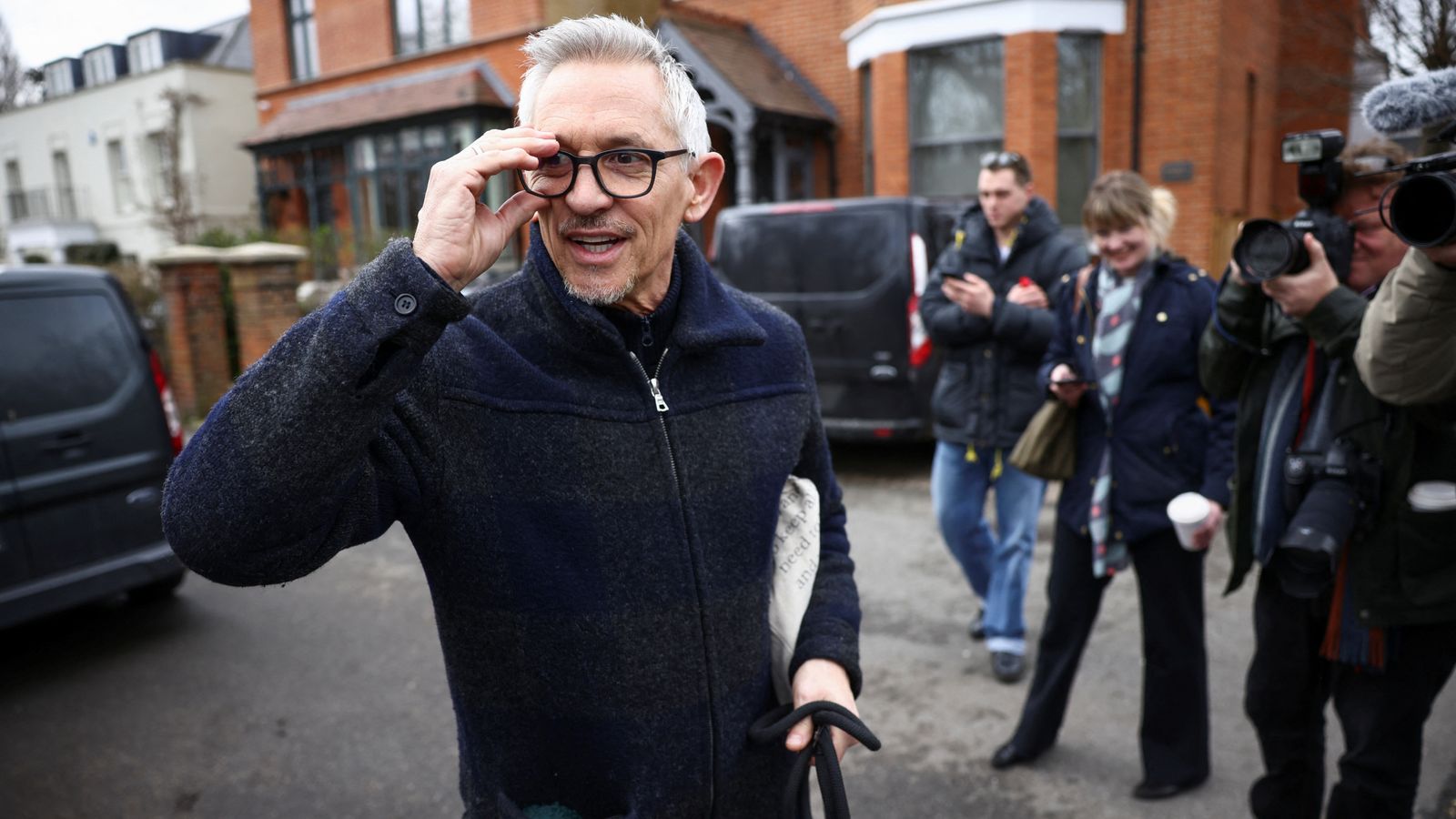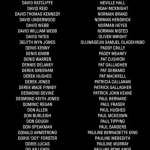The BBC row with Gary Lineker “goes straight to the heart” of the broadcaster’s wider reputation in news coverage, the head of Ofcom has said.
Dame Melanie Dawes, the chief executive of the broadcasting regulator, said that “it hasn’t been a great weekend for BBC sports fans” after the BBC was forced to pull much of its sports coverage amid the row with Lineker.
Appearing before the Department for Digital, Culture, Media and Sport select committee, she added: “I think we’re all glad to see that hopefully the BBC is moving beyond this episode.”
She said: “An episode like this goes straight to the heart of that wider reputation on their news and current affairs coverage.
“The question for the BBC on their social media guidelines is a question for their board, not something in which Ofcom has a role.
“I think they need to look at those guidelines and see if they’re right in a world of increased use of social media, and look at what they ask in terms of their contributors as well as their staff.”
Please use Chrome browser for a more accessible video player
She said she thinks there needs to be “very strict rules for news presenters and that’s what the guidelines have”, adding that “beyond that questions of freedom of expression do become relevant” and BBC needs to “work out how to draw that line”.
Be the first to get Breaking News
Install the Sky News app for free
The corporation has now agreed to allow Lineker back on air this weekend after it suspended the Match of the Day presenter, 62, for his tweets criticising the government’s migration policy.
On Monday, Lineker tweeted that he was “delighted we have navigated a way through this” and said he “cannot wait” to get back on the show.
Read more:
Lineker tweets about refugees again
Musk challenged by Lineker after Twitter user sends abusive message to son
The BBC’s move to suspend the presenter triggered pundits, presenters and reporters – including Ian Wright and Alex Scott – to join a walkout in solidarity with him over the weekend as others criticised the broadcaster for its response.
Former BBC journalist Jon Sopel drew a comparison with the corporation’s chairman Richard Sharp, who has been involved in a cronyism row over accusations he helped Boris Johnson secure an £800,000 loan facility.
The broadcaster later apologised and director-general Tim Davie announced a review of social media guidelines at the broadcaster.






















